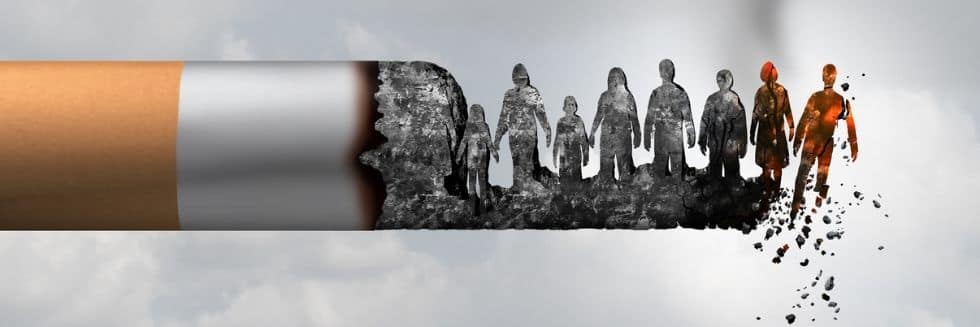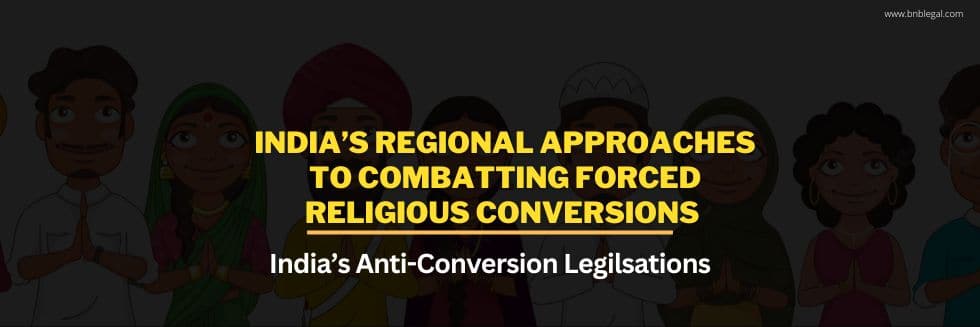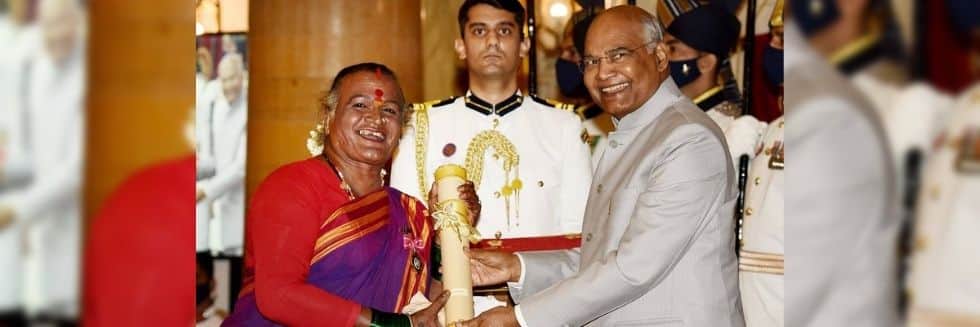Overview
The term reservation in general parlance means the concept of keeping few seats for the unprivileged class. The term ‘unprivileged class’ is subjective to interpretation, which could mean according to social position, according to the economic position, according to religion, physical disablement, according to gender etc.
In India, the concept of reservation came as a consequence of the social indifference that had occurred since time immemorial on the basis of caste. Thus, the Constitution of India in the year 1950 gave the concept of reservation as a way of compensation for the discrimination that the scheduled castes had faced.
Laws and Cases Involved:
The reservation policy gained thrust after the formulation of the reservation policy by the Draft Committee headed by Dr B.R. Ambedakar. The Constitution of our country has always been safeguarding the interest of the backward classes and has still been formulating the concept of social justice.
Article 15(4) of the Constitution was added by the 1st amendment, 1951 as an attempt to modify the effect of the decision of State of Madras v. Champakam Dorairajan, (1) which had classified the concept of reservation of the persons in the state college on the basis of caste and religion as void. Article 15(4) empowers the state to make provisions for the upliftment of the socially and educationally backward classes of citizens or the Scheduled Castes and Scheduled Tribes.
Article 16(3): Reservation of posts in public employment on the basis of residence Article
16(3) is an exception to clause 2 of Article 16 which prohibits discrimination on the ground of residence. This Article empowers Parliament to control by law the degree to which it would be permissible for a state to deviate from the principle enshrined under the said Article
Article 16(4): Reservation for backward classes in public employment
Article 16(4) acts as the second exception to the general rule embodied in Articles 16(1) and (2) and state is empowered under the said article to make special provision for the reservation in appointments of posts in favor of any backward class of citizens which in the opinion of the State are not adequately represented in the services under the State. (2)
The Social Security Charter of Directive Principles of State Policy under Article 39-A directs the State “to ensure equal justice and free legal aid to Economically Backward Classes” and under Article 45 “imposes a duty on the state to raise the standards of living and health of backward classes.”
In M R Balaji v Mysore (3), Almost all states except Tamil Nadu and Rajasthan have not exceeded 50% limit on the reservation. Tamil Nadu exceeded the limit in 1980, and Andhra Pradesh tried to exceed the limit in 2005 which was again stalled by the High Court. This resulted in the 50% cap on reservations.
By the 93rd Amendment Act of 2006, clause 5 was added to Article 15, and the policy of reservation was extended to the private institutions which had conferred power to the state to formulate reservation policy for the unprivileged.
However as per the decision of Indra Sawney v. Union of India, (4) (also known as the Mandal Case) which is a nine-judge Constitutional Bench, the total reservation cannot exceed 50%. The case gave the concept of creamy layer too that the creamy layer will not be a beneficiary to the reservation policy.
After the landmark Mandal case, (5) the Parliament had added Article 16(4-A) (through 77th Amendment) and 16(4-B) (through 81st Amendment). The said amendments gave power to the state for formulating provisions to facilitate reservation the in favour of the Scheduled Castes and Scheduled Tribes on the subject of promotion to any class or classes of posts in the service of the state which in the opinion of the State, are not adequately represented in the services under the State.(6)
The matter was brought in front of the Hon’ble Supreme court of India as an appeal from Bombay High Court and the other an appeal by the Centre challenging a decision of the Delhi High Court which was passed the verdict in the light of the apex court’s Constitution Bench judgment in M Nagaraj v. Union of India. (7) The Supreme Court, temporarily allowed the Centre to allow reservation in promotions for its employees belonging to the SC/ST community. The order passed stated, “it is made clear that the Union of India is not debarred from making promotions in accordance with the law, subject to further orders, pending further consideration of the matter.” (8)
Critical Appraisal
The concept of reservation in promotions is in a way solely benefitting the creamy layer, the one who has already been given reservation while securing jobs will get another benefit and this policy is making the general category stand behind them. Moreover, the efficiency of the workers is getting affected by the policy as the policy of reservation while trying to safeguard social interest is deteriorating the economic growth and the development of our nation. The person who is more capable of holding a job is lagging behind because of the concept of reservation.
Justice Ravindran in the landmark case of Ashoka Kumar Thakur v. Union of India, (9) opined that “when more people aspire for backwardness instead of forwardness, the Country itself stagnates.” And, the recent trends in the country with demands of increase in reservation and enlistment of more castes in the reservation category are bringing the thought of Justice Ravindran to life.
There exists an urgent scrutinisation of laws and policies to curb this ongoing trend as the present laws and policies have been used as an agenda to suit political interest and somewhere national interests are being overlooked.
References
- AIR 1951 SC 226
- The Constitution of India. 1950.
- AIR 1963 SC 649
- 1992 Supp (3)SCC 217
- Id.
- 77th Amendment and 81st Amendment of the Constitution of India
- (2006) 8 SCC 212
- Id.
- 2008(56) BLJR 1292








